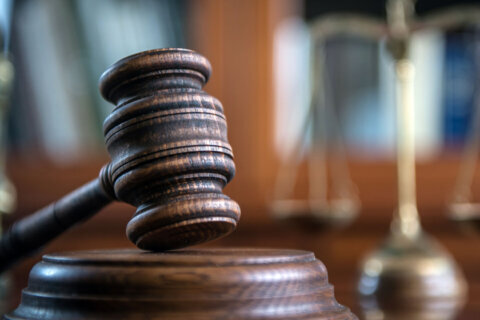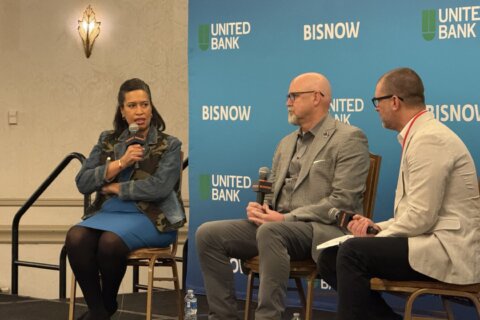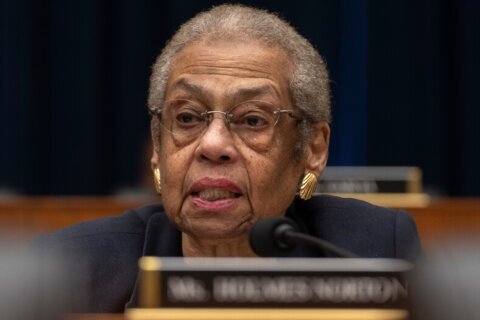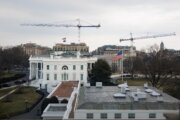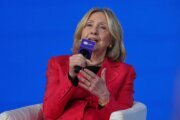When it comes to sports betting in D.C., gamblers say the odds are stacked too high against them.
There aren’t many sporting events to bet on now, but when that changes, people using the GambetDC app and website run for the D.C. Lottery may quickly begin looking elsewhere to make a bet, since the city is paying out less than most other gambling outlets — both the legal and illegal ones.
“When you look at a standard line when it says -110, that means for every $100 you want to win, you have to bet $110 to win $100 back,” said Chris Altruda, a sports betting industry analyst with Pennbets.com.
“Most of the lines on Gambet have been seen between -115 and -118. For an average better … who maybe bets $20 or $25 a game, that difference isn’t really going to stand out.”
That changes for more experienced gamblers, Altruda said.
“When you have a seasoned better who, one, makes multiple bets and, two, likely bets at a higher rate and higher volume, all of a sudden betting five games at -110, that better is putting down $550. The same games with a line of -118, you’re now putting down $590, and seasoned betters are far more likely to adhere to a strict budget based on what they know.”
The smaller payouts mean you have to win more bets to turn a profit than you would normally.
The D.C. Lottery said in a statement that it’s not necessarily trying to run its sports betting operation the way casino sports books do.
“Our hold is higher because our mission is to return profit to the District,” a D.C. Lottery spokeswoman said in an email. “GambetDC aims at maximizing revenue for the District while still providing competitive pricing and entertainment value to casual sports bettors.”
Sara Slane, the founder of Slane Advisory, which works with gaming, sports and media entities, said that could be a shortsighted approach, noting that most gamblers are “brand agnostic” when it comes to putting a wager on a game.
“They truly comparison-shop on odds, and that’s why you see when sports books do roll out, they are pretty close to one another in the odds that they’re offering,” Slane said.
She compares it to shopping for flights, since most people will go to comparison sites to shop around for the best deal rather than using the same airline no matter the cost. Bad odds will either cause someone to think twice about placing a bet, or perhaps take their money elsewhere, including to illegal, offshore sites, Slane said.
“Is the juice worth the squeeze?” she asked rhetorically. “And, if as a consumer I’m looking at it and I’m saying, ‘Eh, I’m not really going to make that much money anyway, why would I even bother?’ That’s not really an enticing product then to draw consumers.”
But those in the gaming industry think the odds are likely to change in the coming months for one reason: Increased competition is coming.
Legalized sports betting is coming to Virginia, and perhaps in Maryland within the next few months, not to mention sports books and betting kiosks at various venues around D.C. All of that could put a dent in the city’s finances if higher odds send gamblers elsewhere to wager.
“I think a good test case will be when William Hill opens” at Capital One Arena, where Monumental Sports owner Ted Leonsis envisions a high-end sports book, Altruda said. “They started in England; they’ve come over here and they’ve made a big impact here.”
Altruda also warned that the criticism that’s already out there about GambetDC could eventually resonate with people once there’s more to bet on.


